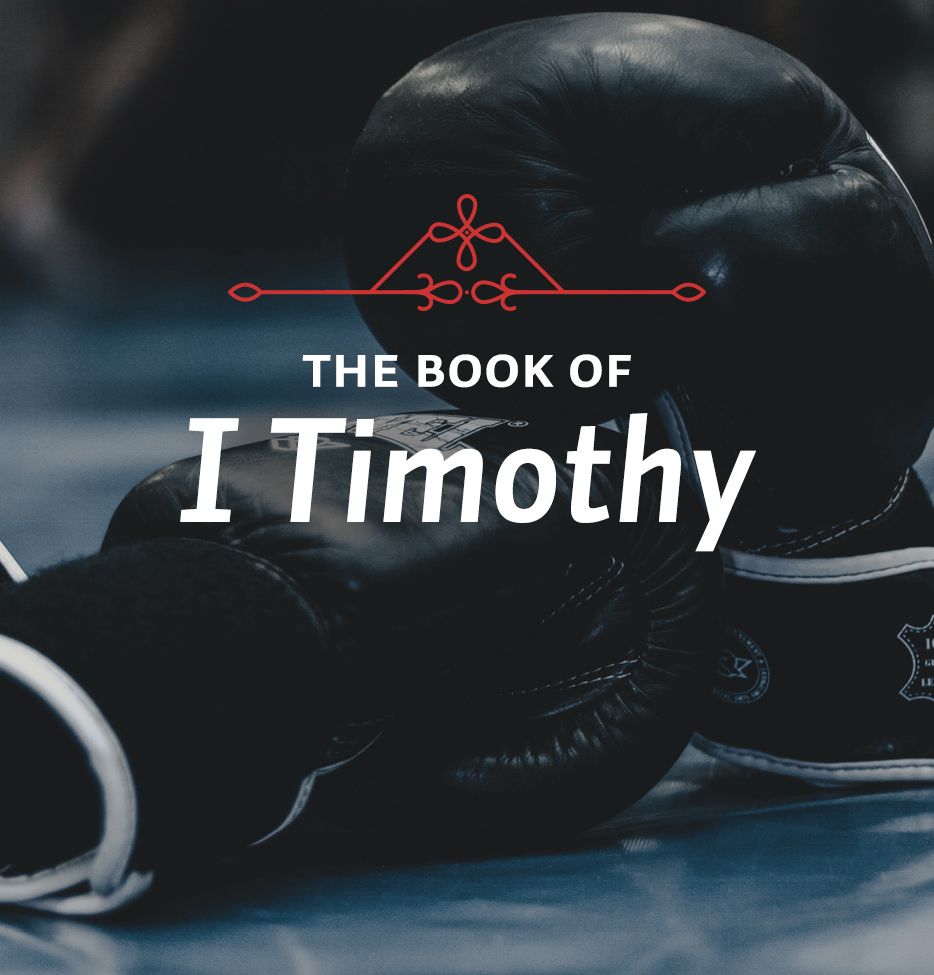Theme: The Office of Elder
In this week’s study, we look at the office of elder and deacon, and note the importance of Christian leadership, both in the church and in other callings we have received from God.
Scripture: 1 Timothy 3:1-13
But when we talk about mercy, we’re talking about people who have no claim upon us whatsoever. And this obligation we have does not extend merely to the household of God—although that is certainly a major responsibility of the deacons—but to the needy who come to the doors of the church, as well as those that we have contact with in our neighborhood. What motivates us in that kind of service is the knowledge that we are the recipients of mercy from God. Do we have any claim upon God? Did God have to save us? Did God have to send his Son, the Lord Jesus Christ, to die for our sin? Not at all. We didn’t deserve it. If God had not sent his Son, if God had let us go to hell, if God had not even looked in our direction or given us a second thought, God would be absolutely just in doing that. He didn’t owe us a thing. And yet we, who deserve nothing from God, have received everything from him in Jesus Christ. And because such a one in need is a fellow member of the human race how can we fail to be merciful to them?
We also need to mention that the deacons have a responsibility of evangelism, and this ministry of mercy presents such opportunities. In addition, I believe deacons have the responsibility of training others in those tasks because leaders have this responsibility.
In these verses we also have the office of the elder described. The word Paul uses here is the word translated in the New International Version as “overseer” or in some other versions as “bishop.” It’s the Greek word episkopos. You also have another Greek word, presbyteros, translated as “elder.” I think that although you have those two words, they’re actually the same office in Scripture. Now the word for “elder” is the word from which we get our word “Presbyterian,” and episkopos is the word that gives us “Episcopalian.” Those two words are used to indicate two different kinds of government that have developed in the church—the Episcopal form of government, which is a rule by bishops, and the Presbyterian system with its rule by elders. In terms of elders, it is not necessarily referring to age, but certainly in terms of spiritual maturity.
Though in this passage Paul uses episkopos, he is actually incorporating both ideas. Those who have oversight—what the bishops do—are to be those who are mature in the faith, the elders. Likewise, those who are the elders in the faith are to exercise this kind of spiritual rule. You get a very good statement of what the elders are to do in Paul’s farewell to the Ephesian elders, which we have recorded in the twentieth chapter of Acts. He understood rightly that this would be the last time that he would see them, and he tells them that in his address to them. He gives them encouragement in his final words to them: “Guard yourselves and all the flock of which the Holy Spirit has made you overseers. Be shepherds of the church of God, which he bought with His own blood. I know that after I leave, savage wolves will come in among you and will not spare the flock. Even from your own number men will arise and distort the truth in order to draw away disciples after them. So be on your guard! Remember that for three years I never stopped warning each of you night and day with tears” (vv. 28-31).
What he challenges the elders of Ephesus with in those verses is a two-fold responsibility. One is oversight, the very meaning of the word episkopos. Let me give you a breakdown of that Greek word because it will make it stick in your mind. Episkopos is formed of two Greek words, epi which means “over,” and skopos, which means “guard.” So a bishop or overseer is one who has guard over something. We have an illustration of this in a common product. There is a popular mouthwash called “Scope.” It comes from this Greek word, skopos. The inventor must have known that skopos means “guard,” and so he named his mouthwash, “Scope,” because it has its guard over your breath. Paul tells the Ephesian elders that they are to guard the flock from those influences that would seek to harm it. The second responsibility Paul gives to the elders is that of teaching or doctrine. Paul says that false teachers are going to come in, and he wants them to be on their guard against the false doctrine those teachers will bring. And so elders are to be exemplary in their teaching.
Study Questions:
What are some responsibilities deacons have, both in the church and outside it?
What two Greek words does Paul use to describe the office of elder? How are they translated in English, and what is the main idea for each term?
From Acts 20, what two responsibilities does Paul give to the Ephesian elders?
Application: How can you pray for and encourage the elders in your church?






